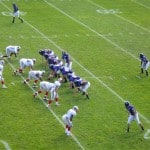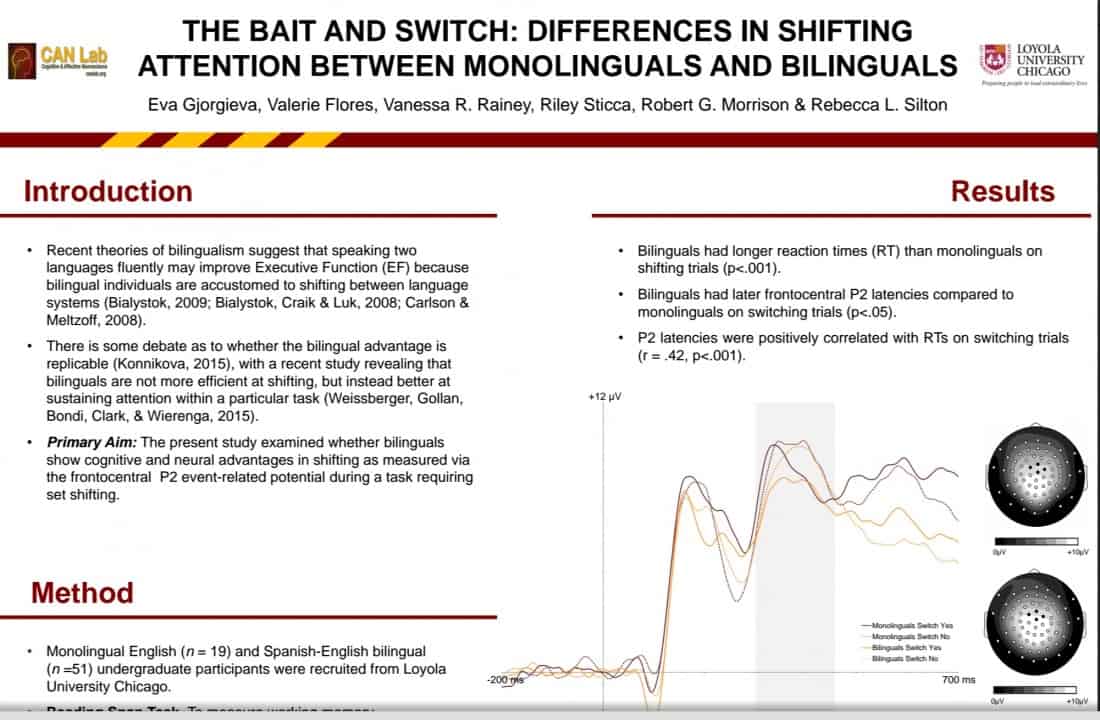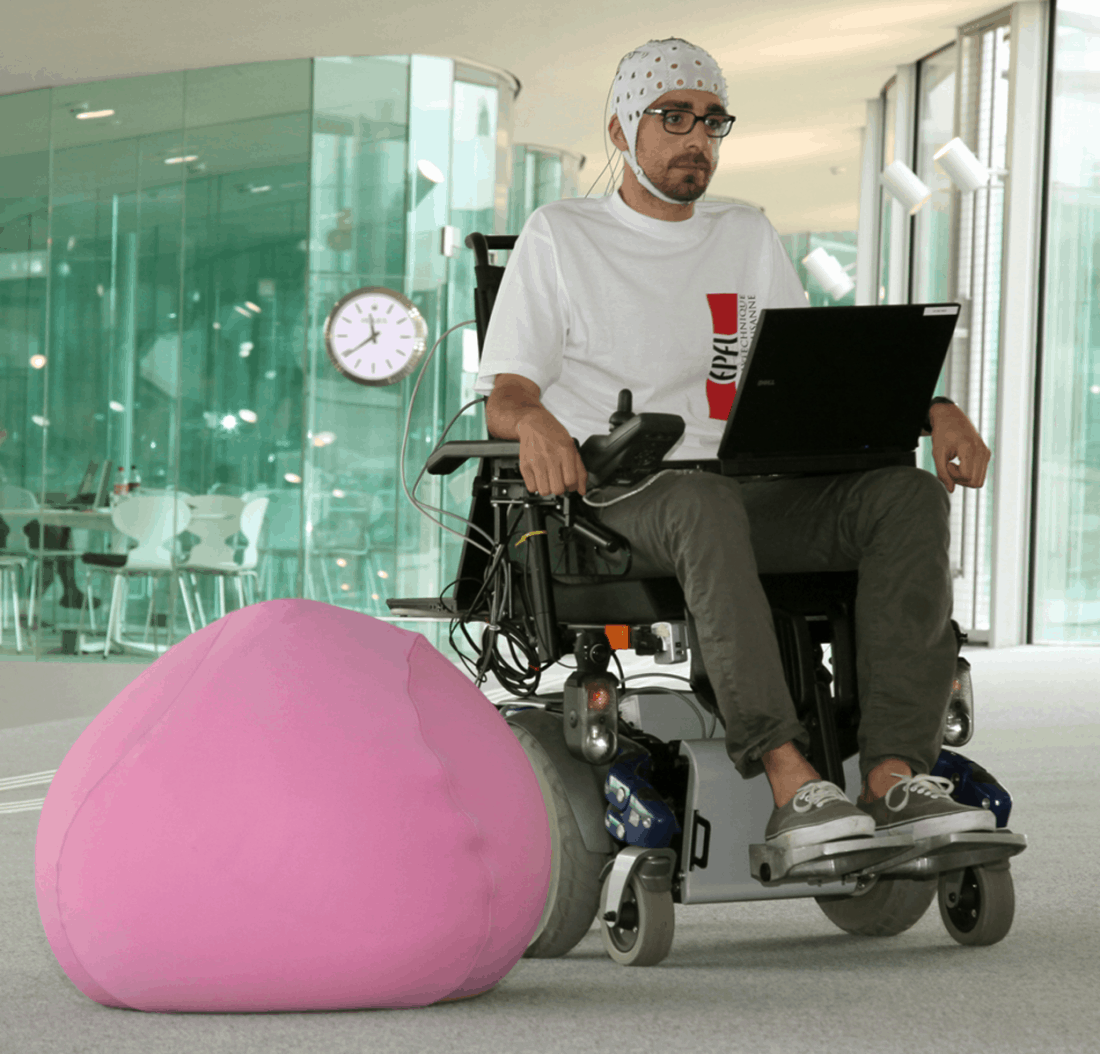We all predict the future every time we listen to someone speak or read a book. If I say “barbed,” for example, what word comes next? How about “undivided”? (see answers below, along with other top word pairings) The ability to predict words helps us take mental shortcuts in language. And a new study finds […]
Chocolate Smells Pink and Stripy: Synesthesia and Smells
For one person, chocolate smells pinky and stripy, for another it was a hazy mist. These were not smell associations – the images are how some people actually experience the smell of chocolate. The people drawing the images have a rare form of synesthesia, in which a smell elicits a color. And in a new […]
The Neuroscience of Trauma from Sexual Assault
Guest Post by Kathryn Gigler, Northwestern University “I believe that you believe something happened to you.” The young woman repeated the detective’s statement to me again. It had been the detective’s response to her question of whether he believed her account of the brutal sexual assault she had experienced the past weekend. As a counselor […]
When Children Try to Remember Many Things At Once
Put on your shoes and jacket, then grab your lunch bag and turn off the lights – sounds simple, right? But to a 5-year-old, this multi-step process could be tricky to follow, especially if the child is distracted. What’s at play here is working memory – holding things in your mind that you can’t see. […]
What Makes an App Educational?
Just last week, a widely publicized study came out showing that more than one-third of children under the age of 1 have used a device like a smartphone or tablet and that most children have used mobile devices by age 2. With this increased usage has come an explosion in educational apps for young children. […]
New Brain Imaging Techniques Can Improve Testing for Mild Concussions
Guest Post by Nick Wan, Utah State University Last year, college football player Kosta Karageorge committed suicide, with his last text sent to his mother was “Sorry if I am an embarrassment, but these concussions have my head all [messed] up.” Two years prior, NFL player Junior Seau committed suicide via chest wound, leaving his brain […]
How the Developing Brain Moves from Cooties to Crushes
For the first time, researchers have found the signals for “cooties” and “crushes” in the developing brain. In a new study, cognitive neuroscientists have highlighted how the brain responds to gender across a range of ages. Led by Eva Telzer of the University of Illinois, Urbana-Champaign, the researchers found that young children had heightened brain […]
Watch 2 Videos: Anjan Chatterjee and Marta Kutas at CNS 2015
Two videos from CNS 2015 are now available: 1. From the origins of Max Factor to the evolutionary role of art, Anjan Chatterjee of the University of Pennsylvania delivered the CNS 2015 keynote address about the neuroscience of art and aesthetics. Watch the full talk here: Check out highlights of his talk on our meeting […]
Faster Task Switching for Bilinguals?
People who speak multiple languages seem to effortlessly shift from one language to another. A logical conclusion from such observations would be that multilingual individuals are better able to switch between tasks. But recent research suggests that is not necessarily the case: In a new study, scientists found that switching between tasks actually took longer […]
Intelligent Neuroprostheses Mimic Natural Motor Control
CNS 2015 Press Release March 30, 2015 – San Francisco – Neuroscientists are taking inspiration from natural motor control to design new prosthetic devices that can better replace limb function. In new work, researchers have tested a range of brain-controlled devices – from wheelchairs to robots to advanced limbs – that work with their users […]











